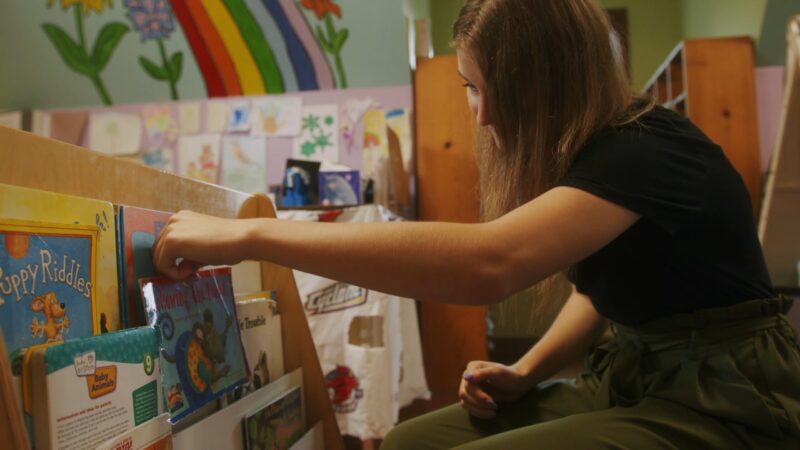Entering the field of early childhood education is a rewarding and impactful career choice. It involves shaping the minds and lives of young children, a crucial period for cognitive and social development. A key step in this journey is obtaining an Early Childhood Education (ECE) Certificate.
This certificate equips individuals with the foundational knowledge and practical skills needed to foster a safe, nurturing, and stimulating environment for young learners.
In this comprehensive guide, we will explore the steps to attain an ECE Certificate, ensuring you are well-prepared for this fulfilling career.
Educational Requirements
The whole process typically begins with educational prerequisites. Most programs require a high school diploma or equivalent. Some may also demand prior coursework in areas like psychology or human development.
Choosing the Right Program
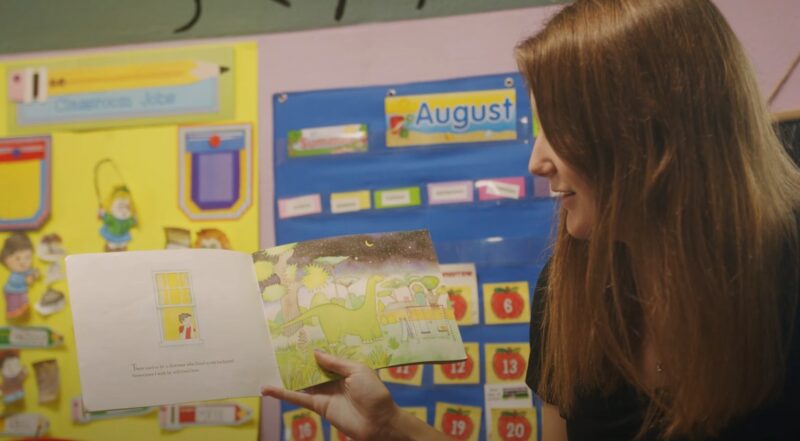
Selecting the right ECE certification program is pivotal. Programs can vary in length, cost, and format. They can be found at community colleges, universities, and through online platforms.
When choosing a program, consider factors like accreditation, curriculum content, and practical training opportunities.
| College Name | Location | Online ECE Certificate Programs | Net Price Rank | Additional Information |
|---|---|---|---|---|
| Wiregrass Georgia Technical College | Valdosta, Georgia | Child Development Specialist 2. Early Childhood Program Administration 3. GaTAPP Early Childhood Education Precertification 4. Infant/Toddler Care Specialist | 1/40 | – 3,500+ students – Part of the Technical College System of Georgia – Offers online and on-campus courses |
| Stanley Community College | Albemarle, North Carolina | Early Childhood Education 2. Early Childhood Administration Advanced 3. ECE Infant/Toddler | 10/40 | – Part of the North Carolina Community College System – 2,500 students annually – Transfer agreements with nearby universities |
| Coastal Pines Technical College | Waycross, Georgia | Early Childhood Care and Education Basics | 2/40 | – Over 4,000 students – Member of the Technical College System of Georgia – Offers associate degrees, certificates, and diplomas |
| Haywood Community College | Clyde, North Carolina | Certificate in Early Childhood Administration 2. Certificate in Early Childhood Preschool 3. Certificate in Infant/Toddler Care | 14/40 | – Part of the North Carolina Community College System – Unique offerings like an arboretum and gristmill – Good academic quality indicators |
| Eastern Wyoming College | Torrington, Wyoming | Child Development Certificate | 6/40 | – Small community college – 1,367 students – Transfer agreements with the University of Wyoming |
Core Curriculum and Training
ECE programs typically cover child development, teaching strategies, classroom management, and curriculum planning. Many programs also include hands-on training through internships or practicum experiences in real-world settings.
This practical aspect is vital for gaining experience and confidence in handling a classroom environment.
Completing the Certification Process
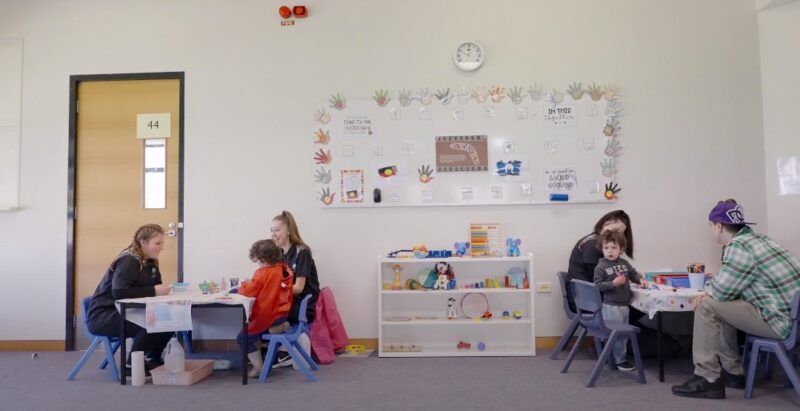
Examinations and Assessments
Most ECE certification programs culminate in an examination or a series of assessments. These evaluations test your understanding of child development theories, educational practices, and classroom management skills.
Preparing for these exams often involves reviewing coursework, participating in study groups, and engaging in practical teaching exercises.
Practical Experience
Gaining practical experience is a crucial part of the certification process. Many programs require a certain number of hours spent in a classroom setting under the supervision of a certified educator.
This experience is invaluable, offering real-life insights into the challenges and rewards of early childhood education.
Certification Completion
Upon successful completion of coursework, exams, and practical requirements, candidates are awarded an ECE Certificate. This certificate is a recognition of your ability to create engaging, developmentally appropriate learning environments for young children.
It’s a passport to starting a career in various educational settings, including preschools, daycare centers, and private homes.
Career Opportunities and Advancement
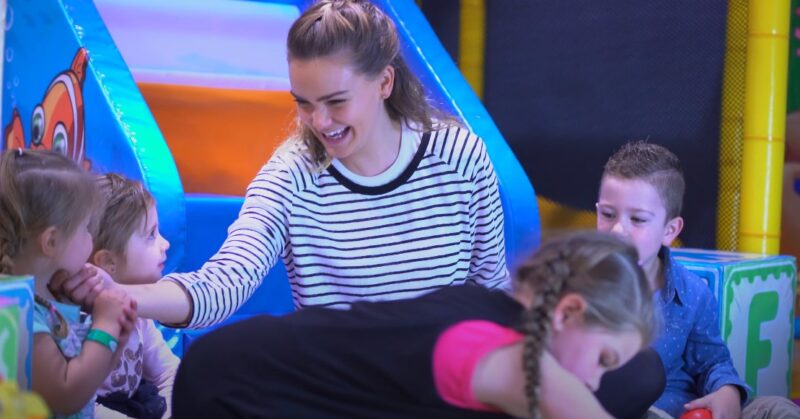
Holding an ECE Certificate opens doors to numerous job opportunities. Certified professionals can work as:
- preschool teachers,
- daycare providers,
- child care center directors.
Opportunities also exist in non-traditional settings like family support services and early intervention programs.
Continuing Education and Specializations
The field of early childhood education is continually evolving. Therefore, professionals often pursue continuing education and specializations in areas like special needs education, curriculum development, or educational leadership. Such specializations not only enhance your skills but also expand your career prospects.
Impact of an ECE Professional
The most significant aspect of a career in early childhood education is the impact on young lives. ECE professionals play a pivotal role in shaping the foundational years of children, influencing their future learning and development.
It’s a career that demands passion, creativity, and dedication but offers immense satisfaction and the opportunity to make a real difference.
Advancing Professional Development
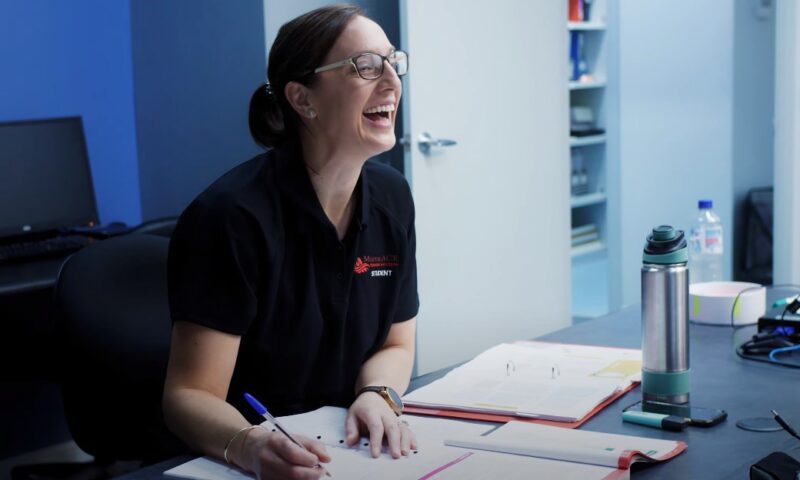
For educators in early childhood education, the learning process doesn’t end with certification. Staying abreast of the latest research, methodologies, and best practices is crucial.
Engaging in professional development through workshops, seminars, and additional coursework ensures that educators remain effective and responsive to the evolving needs of young learners.
Networking and Professional Associations
Joining professional associations related to early childhood education can be immensely beneficial. These organizations offer resources, networking opportunities, and professional development courses.
They also provide a platform for ECE professionals to share experiences, learn from each other, and stay informed about policy changes and industry trends.
The Role of Technology
Technology plays an increasingly important role in early childhood education. ECE professionals must be adept at integrating technology into their teaching strategies. This includes using educational software, interactive digital tools, and online resources to enhance the learning experience for children.
Potential Challenges
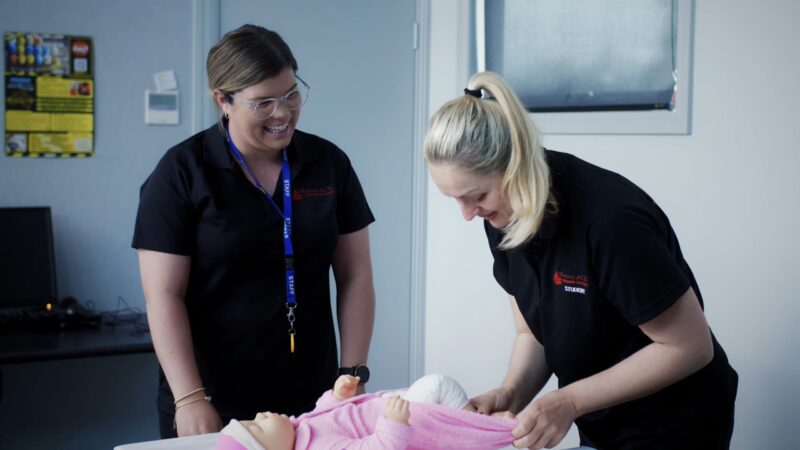
Addressing Diverse Learning Needs
One of the challenges in early childhood education is addressing the diverse learning needs of children. ECE professionals must be skilled in creating inclusive learning environments that cater to different abilities, backgrounds, and learning styles.
This requires ongoing learning and adaptation to ensure that all children have access to quality education.
The Emotional Aspect of ECE
Working with young children can be emotionally demanding. ECE professionals often form close bonds with their students and may encounter challenging situations, such as dealing with behavioral issues or supporting children through difficult times.
Managing these aspects requires not only professional skills but also emotional resilience and empathy. Despite the challenges, the field of early childhood education is incredibly rewarding. Educators have the unique opportunity to make a profound impact on children’s lives, laying the foundation for their future learning and success.
Witnessing the growth and development of their students is one of the most gratifying aspects of the profession.
FAQs
Can I obtain an Early Childhood Education Certificate online, and does it hold the same value as an in-person certificate?
Yes, you can obtain it online through accredited programs. Online certificates generally hold the same value as those obtained in person, provided they are from accredited institutions. However, ensure that the program includes opportunities for practical experience, which is crucial in ECE.
How long does it typically take to complete an ECE Certificate program?
The duration varies depending on the program and whether you’re studying full-time or part-time. Generally, it can take anywhere from 6 months to 2 years to complete an ECE Certificate program.
Can I specialize in a particular area of early childhood education during my certificate program?
While most ECE Certificate programs cover general early childhood education, some offer specializations such as special education, infant-toddler education, or bilingual education. It depends on the program and the institution offering it.
Is field experience mandatory for all ECE Certificate programs, and if so, how is it typically arranged?
Most ECE Certificate programs require some form of field experience or practicum. This is typically arranged through the educational institution with local preschools, daycare centers, or similar settings. The school will usually have partnerships or contacts to help place students in appropriate settings.
What are the typical career advancement opportunities after obtaining an ECE Certificate?
After obtaining an ECE Certificate, career advancement can include roles like lead teacher, curriculum coordinator, or childcare center director. Additionally, further education can lead to positions in ECE administration or specialization in areas like special education or child development research.
The Bottom Line
Becoming a certified early childhood education professional is a process filled with learning, growth, and the potential to make a significant impact. While the path involves academic study, practical experience, and ongoing professional development, the rewards are immeasurable.
As an ECE professional, you have the opportunity to shape young minds, influence future generations, and contribute to the vital field of education. Whether you are just beginning your journey or looking to advance in your career, the world of early childhood education offers endless possibilities and the chance to make a lasting difference.
